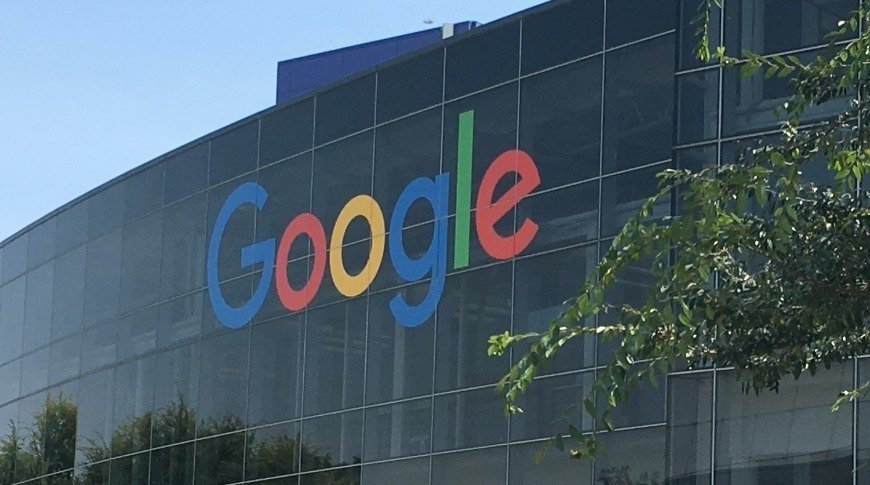Google's parent company Alphabet announces 20-for-1 stock split
In its quarterly earnings report, Alphabet, the owner of Google, has announced a 20-for-1 stock split, designed to make buying shares more affordable.

Google rebranded to create the parent company Alphabet in 2015, and in the last two years, its stock has doubled. Now according to CNBC, it is to split its stock to make it affordable for more people to buy shares.
There are three types of Alphabet shares, called Class A, Class B, and Class C. In 2014, ahead of the creation of Alphabet, Google created Class C, which gives owners no voting rights.
Class A shareholders get one vote per share, while Class B owners are the founders and early investors, who get 10 votes per share. The new stock split applies to all classes.
Assuming that shareholders approve the move, it will happen in July 2022. Each shareholder at the end of business on July 1, 2022, will become eligible.
Then on July 15, 2022, each will get 19 additional shares for every one they own.
According to CNBC, Alphabet shares are currently selling for $2,752.88. If that figure were used to calculate the new shares, each one would then become valued at $137.64.
Apple performed a similar adjustment in 2020, on a much smaller scale. It executed a four-for-one stock split.
Read on AppleInsider

Google rebranded to create the parent company Alphabet in 2015, and in the last two years, its stock has doubled. Now according to CNBC, it is to split its stock to make it affordable for more people to buy shares.
There are three types of Alphabet shares, called Class A, Class B, and Class C. In 2014, ahead of the creation of Alphabet, Google created Class C, which gives owners no voting rights.
Class A shareholders get one vote per share, while Class B owners are the founders and early investors, who get 10 votes per share. The new stock split applies to all classes.
Assuming that shareholders approve the move, it will happen in July 2022. Each shareholder at the end of business on July 1, 2022, will become eligible.
Then on July 15, 2022, each will get 19 additional shares for every one they own.
According to CNBC, Alphabet shares are currently selling for $2,752.88. If that figure were used to calculate the new shares, each one would then become valued at $137.64.
Apple performed a similar adjustment in 2020, on a much smaller scale. It executed a four-for-one stock split.
Read on AppleInsider

Comments
2021: $258 billion
2020: $183 billion
2019: $162 billion
2018: $137 billion
2017: $111 billion
2016: $90 billion
2015: $75 billion
2014: $66 billion
2013: $56 billion
2012: $46 billion
2011: $38 billion
2010: $29 billion
2009: $24 billion
While Google clearly benefited from the pandemic if you look at their rate of growth prior to it ($75 billion in 2015 to $162 billion in 2019) they would have still surpassed $200 billion in 2021 without it because they were already growing by $20 billion annually before then.
Another thing: unlike Facebook, Apple's App Tracking Transparency only had a marginal effect on Google.
Another thing: were the DOJ to separate "Google" (search/ads) from "Alphabet" (everything else) and prevent the two from coordinating, they would both still be massive companies. Alphabet, for example, would have had at least $60 billion in revenue last year.
So yeah, definite justification for their stock going up.